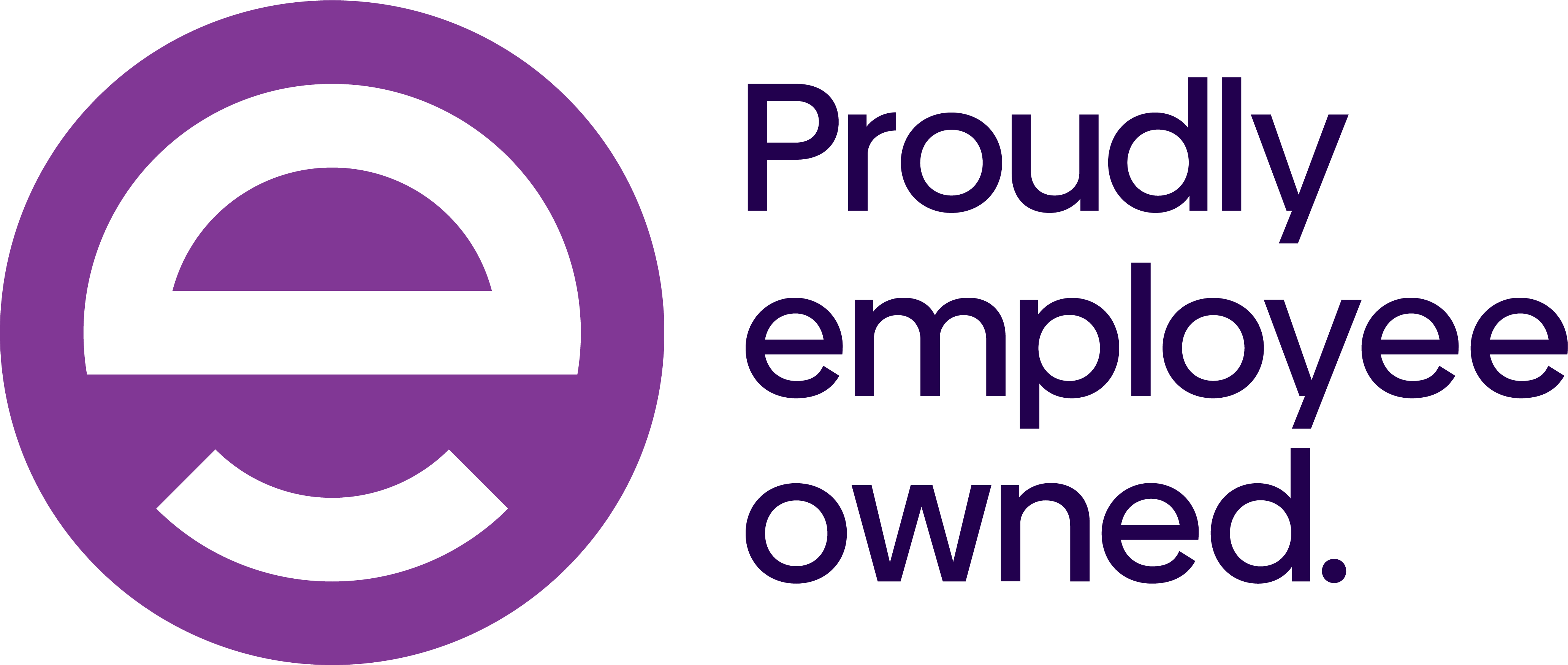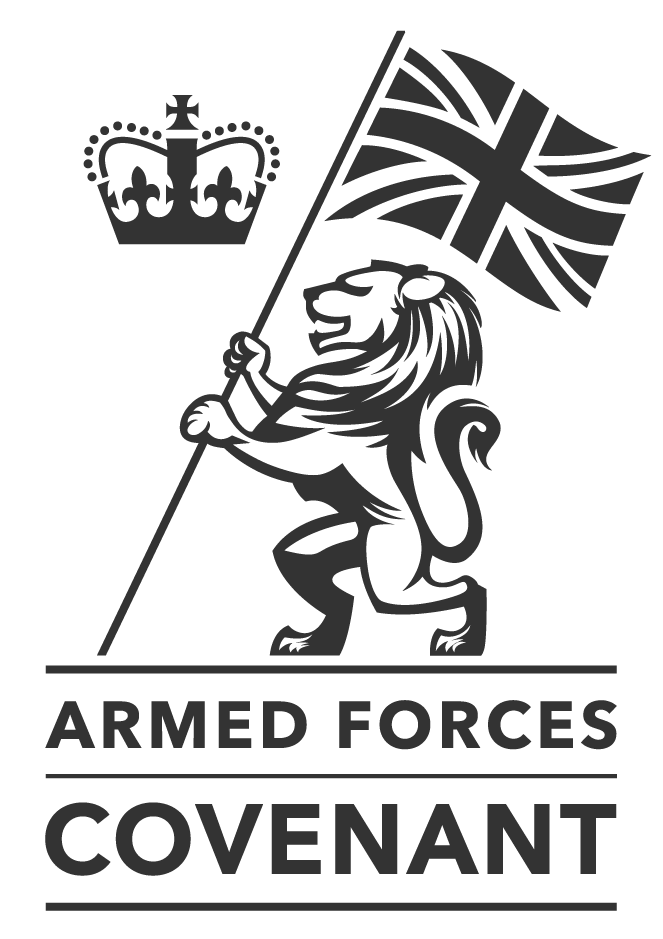RPC Transitions to Employee Ownership Model

At RPC, we pride ourselves on the strong sense of family within our team and in empowering employees and supporting them to make decisions that are right for the company and for their personal growth. That’s why we are excited to announce our new company ownership structure as we transition to an Employee Ownership Trust.
RPC is experiencing an exciting period of growth and development and with a couple of the current key shareholders retiring in the next couple of years, we needed to structure the ownership of the company for the future. When considering the available options, Projects Director John Lister proposed an EOT. “Acquisition and Management Buy Out were considered,” he explains, “but we believe the EOT allows for the smoothest transition for the business and the chance, hopefully, for the whole team to be equitably rewarded as we continue to grow and succeed.”
It was immediately clear to see how this approach is consistent with the philosophy that the RPC business has been built on. We always have and continue to aim to:
- attract individuals of ability and integrity to our business
- build relationships between our people and other stakeholders based on our core values of mutual commitment, loyalty, trust and respect
- foster a strong team ethic
- recognise and reward the respective contributions of individual employees
- ensure that everyone shares responsibility for making the Company successful as well as the rewards for doing so
“Whilst salary and conventional employment benefits reward the individual,” Director, Keith Hogben, reflects, “an EOT rewards the collective, where each employee’s contribution is weighted equally, irrespective of role or seniority. The manifestation of this EOT at RPC is transforming the founding aspirations that Pete and I shared when we formed the company into a reality: really enabling the employees to share in the success of RPC.”

An employee ownership model gives RPC the ability to expand on its own terms, rather than via acquisition or merger, and this strikes a chord with a number of the team, who have experienced changes of ownership in previous employment: “Having experienced the company I was working for being sold and the negative effects that had on the employees,” Consultant Russ Dobson reflects, “it’s a breath of fresh air that RPC have decided to go down this route, which will not only benefit the employees rather than neglect them, it will inspire them to continue working above and beyond to deliver for the company.”
What is an Employee Ownership Trust?
John Lewis Partnership plc led the way with giving each employee part-ownership of the company and a share of the profits back in the 1920s, and it is still the UK’s largest employee-owned business. The concept of the Employee Ownership Trust (EOT) was introduced by the UK Government in 2014 to try to encourage more companies to follow the same model. It’s a fast-growing scheme, with more than 470 employee-owned business now in the UK, including some big-names, such as Arup, Mott MacDonald, Aardman Animations and Richer Sounds.
Chairman, Peter Gable, explained his motivation to back the new move. “As all employees get an indirect stake in the company, there are substantial practical benefits associated with being owned by an EOT as opposed to an outright sale to a ‘company unknown’. As Chairman, my wish for the employees is to maintain the RPC family culture and to enable them to play a bigger and more tangible part in the future success of the company.”

Consultant, Neil Hogben, will be the staff representative on the Board of Trustees, and he is looking forward to what the future holds for RPC. “I think an EOT is a great way to preserve the family culture of our business, which is one of the reasons why it’s such a pleasure to work with such a talented group of people. An Employee Ownership Trust is a way for the ownership and the profitability of the business to be a direct responsibility of every employee and promotes a culture of vested interest among everyone employed by RPC. Through the move to an EOT owned business, it allows for the current Shareholder group to realise the input and effort they’ve poured into making RPC successful whilst ensuring that their legacy is preserved with the same commitment to growing a profitable, reputable, and respected business that values its employees and makes RPC such a thriving and rewarding place to work. I personally don’t think the transition to an EOT will change my view of the part that I play within the company, but my hope is that it will only strengthen the ‘team effort’ ethos that is already clearly seen around the business.”
How will it work?
A new company called RPC UK Trustees Limited has been formed to act as the owner of all RPC property (primarily, all RPC shares) on behalf of each qualifying RPC employee. The company will be 100 per cent employee owned – some companies choose a part-employee-owned model, whilst retaining other ownership stakeholders in the business. Under RPC's new ownership model, employees will all be beneficiaries of the Trust and, as such, will have a real stake in the growth and success of the Company. The Trust will be managed on their behalf by a board of Trustees.
Technical Consultant, Chris Callaghan, has seen the customer benefits of the EOT model: “Other well-known EOT’s such as John Lewis/Waitrose group and Richer Sounds have always appeared popular and successful, and this is testament to the structure they have in place that comes with being an EOT in my view.”
“All companies talk about valuing staff,” notes Alex Chewins, “but it’s a rare thing indeed for a company to put words into tangible value, which is what RPC has achieved with its 100% EOT.”
Consultant, Holly Wenman agrees: “The fact that it is entirely EOT rather than partially EOT indicates equality amongst employees, which promotes teamwork and a willingness to help each other – values that are already well practised at RPC, which makes the EOT feel like a natural step.”
What will be different at RPC?
Although this is a major change in the ownership of RPC, we remain at ‘business as usual’ status throughout. The day-to-day running of the company remains the same. The top-level service we deliver in all areas of the business will remain the same. What we do and the ways in which we do it – all this remains the same.

Because the employee ownership model is so well aligned with the established ethos of RPC, it’s been an easy and welcome transition for the employees to make. Hear what some members of the RPC team have to say:
“As employees we won’t actually see a massive difference in our day to day working – it keeps the working side stable so we can concentrate on the job in hand without distractions.” Chris Callaghan, Technical Consultant
“Will it change RPC? I don't believe it will. The EOT model suits the way RPC currently functions as one big family all pulling in the same direction. The only change I can foresee is a positive one in that all employees will feel a higher level of responsibility and accountability and will be fairly rewarded for the combined contributions of the team as a whole.” Russ Dobson, Consultant
“I don’t think it will change anything regarding the fantastic way of working we already have. If anything, I feel it has enhanced the security of my role within the business.” Niki Rushworth, Digital Marketer

Taking RPC to the next level
Government research suggests that employee-owned companies are good for business, for the employees and for the wider economy too. EOT businesses tend to be more resilient, more profitable and productive, and faster growing, largely because their employees are more engaged and committed.
“Moving to an employee ownership trust means that for employees, the quality of our work has a direct impact on us,” thinks Holly. “As we work harder, the company does better, which will eventually be reflected for us in dividends. This encourages us to remain invested in the long-term health of the company, promoting low staff turnover and motivated employees.”
Employee-owned businesses deliver more than £30 billion (4%) to the UK GDP, with this number increasing year on year, and they can be found in all industries and sectors. RPC is very proud to be among this number and to be entering such an exciting new phase in its development with the backing of our brilliant team.










